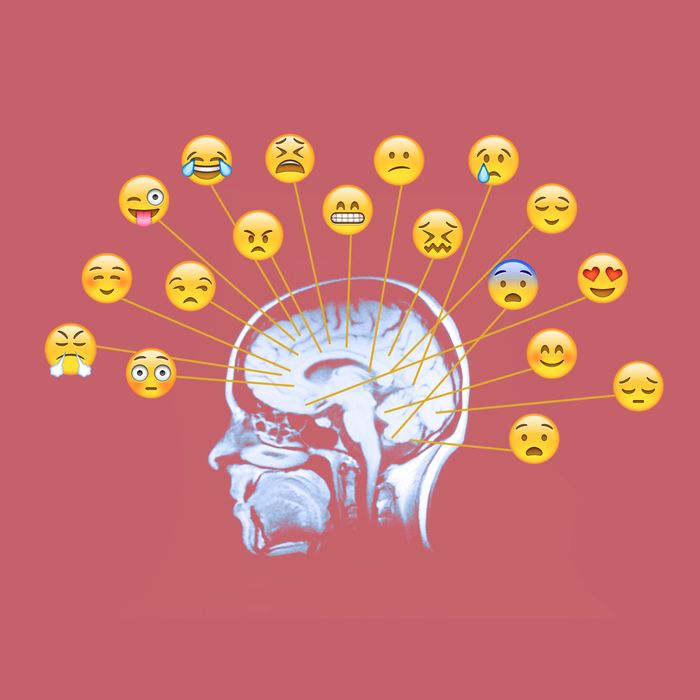Have you ever felt so angry or upset that it becomes difficult to focus on the task at hand? Are there times when you are completely over-ridden with feelings and emotions and act out of character, only to feel horrible or guilty later? How long does it take for you to settle down after being very excited or overwhelmed or even after a bout of frustration?
We have all been through such emotionally charged situations. However, some of us manage to flow back to calm in no time, while some are carried away by the currents and often react. So what’s the secret of those who hardly seem to get swayed by their emotions?
Emotions are merely messengers of the body. The Vedantas talk about how our bodies are made up of seven major energy centres and thereby stating that emotions are nothing but energy in motion. Therefore it becomes extremely important for us to manage the moving energy of emotions for our well-being.
In the field of somatic psychology, it is established that emotions take over our life and if they are not allowed to move through our body, they cause energy blocks resulting in physical aches and pains, even constipation, diarrhoea, itch etc. More often than not, these physical symptoms have no medical reason and doctors shrug them off as “all in the mind”, offering placebos.
In such a case, it is essential to learn and have the knowledge of how to regulate our emotions, so as to avoid the energy blocks.
So what is self-regulation?
It refers to undertaking simple practices or having the ability to understand and manage our own behaviours and reactions to feeling/emotions in a given situation.
Self- regulation allows us to feel more centred. It helps us to deal with stress, anxiety, depression and stops our minds from getting clouded by our emotions thereby empowering us to live a better and more fulfilling life.
Here are some of the ways we can self-regulate on a daily basis:
Bringing our awareness back into the body:
When we feel triggered by any emotion (seemingly good or bad) we must try to feel it in our body. For example- my chest might tighten when I feel angry or I might experience a feeling of lightness in my body when I’m happy.
Being aware of how an emotion feels within our body is the key to being connected with ourselves at all times rather than being swayed by our external stimuli/situations.
Naming the emotion:
Once we have found out what’s happening within us, we must try to name the emotion. For example- I’m feeling relaxed as opposed to saying I’m good! It is essential to have an extensive list of feelings listed out. This allows us to go deeper within us and to completely experience the emotion rather than suppressing it.
Touch:
Have you ever noticed that when a physical pain arises, we immediately place our hand on it? In case of a headache we instinctively put our hand on our head. This is body’s natural way of regulating the energy flow and making us feel supported from within. Similarly, our emotions can also be regulated this way. Once we bring our awareness back into our body and name the emotion, we can touch the area we can most feel the emotion in.
For example- I’m upset because someone said something nasty to me. I’ll immediacy try to notice where in my body do I feel it. In this case I’m feeling my throat dry up and swallowing is becoming slightly difficult. Then I’ll place my hand on my throat to support it. This way I’m giving myself the permission and support to experience my emotion completely.
Movement:
As we move, so does our energy. Hence, it’s no coincidence that the yogis offered us the art of yoga! Here we learn to move our bodies and help the energy flow through us. In the same way, once you feel an emotion in your body, you can move a little. It could be as little as moving your neck slowly from left to right and right to left, trying to notice everything around you. Or you could simply rotate your ankles, wrists and stretch your legs. Not every situation allows us to walk away and go for a long jog/walk. Hence, such small movements allow the energy to flow through us.
Although the above mentioned seem simple, they are difficult to inculcate during an emotionally charged situation. However, once we try it a couple of times, we end up using these tactics instinctively. Our bodies were designed to self-regulate. As we evolved we lost touch with our bodies and got caught up in our heads. Hence, getting back to our basics and regulating regularly can help us manage our emotions better and lead an empowered life.
Ps: the above mentioned are only suggestions and at no point substitute an actual therapy. In case you experience severe change in moods or unable to handle a situation, please consult a therapist.
